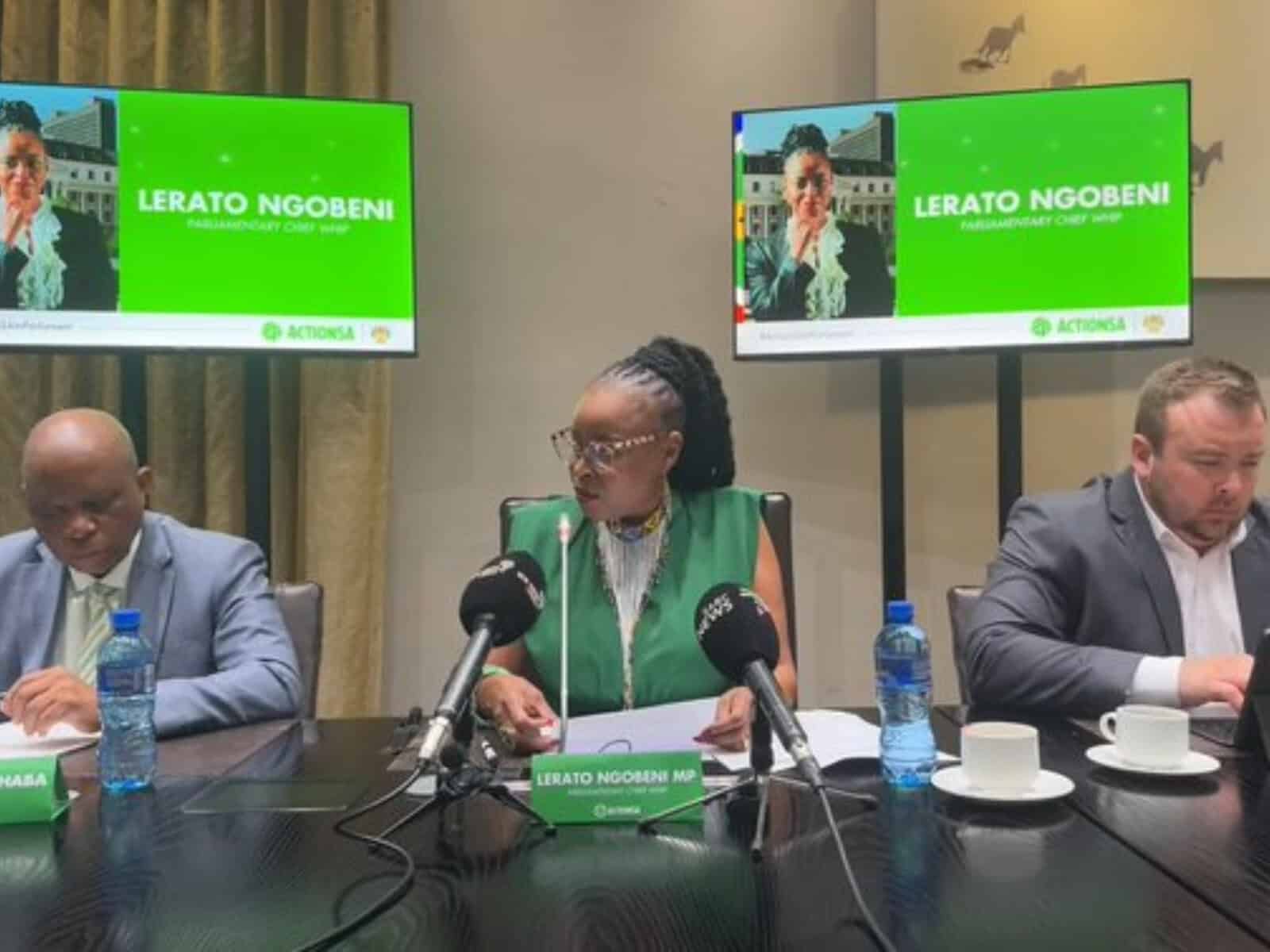ActionSA’s Lerato Ngobeni held several oversight visits last week, concluding her schedule at a key Department of Home Affairs facility.
South Africa may be its own worst enemy when dealing with foreign nationals, says an ActionSA parliamentarian.
Lerato Ngobeni held a series of oversight visits last week, with a keen focus on the Department of Home Affairs.
In showcasing the successes of their first 100 days in parliament, Ngobeni gave an update on her observations from the previous year.
Costs of deporting foreign nationals
The oversight visits wrapped up at the Lindela Repatriation Centre, a facility that holds foreign nationals awaiting deportation.
Speaking to The Citizen after her visit on 11 October, Ngobeni was satisfied with the facility’s condition and cleanliness but was concerned about the cost of sending foreign nationals home.
ALSO READ: ‘Instagram government’ has failed to deliver: ActionSA gives GNU ‘KPIs’
Although awaiting the freshest figures —R23.3 million was spent in the 2019/20 financial year—Ngobeni said she calculated the cost of deporting people to one specific West African nation to be in the region of R3 million for the last year.
As per the figures released by Home Affairs recently, 86 Nigerians, 3,020 Malawians and 7,393 Zimbabweans were deported in the 2022/23 financial year.
Minister Leon Schreiber’s office was contacted to elaborate on the costs involved with deportation, but no comment had been received at the time of publication.
‘The situation is dire’
Ngobeni’s overall assessment of the way South Africa deals with foreign nationals looking to make a new life south of Limpopo was negative.
“The situation is dire. We are not tracking undocumented foreign nationals in our country. Home Affairs has no idea as to who is here or who is not,” said Ngobeni on Monday.
ALSO READ: Mashaba makes a U-turn on death penalty
Elaborating on specific countries, she said that “we can not deport certain nationals”, pointing to South Africa’s moral positions.
“Let me give you an example: If someone in Botswana commits a crime like murder and they find themselves here in South Africa and the Botswana government is looking for them, our ethos is not to deport them because our constitution does not agree with the death penalty,” she said.
Botswana administers the death penalty for murder and treason, with 47 people having been executed between 1966 and 2014, as per Lawyers for Human Rights.
More than just ‘abahambe’
Ngobeni reiterated her party’s call for South Africans to be prioritised, with spaza shops and small business operations being reserved for locals.
“We are absolutely unapologetic about that because it is not enough to say ‘abahambe’ [they must go].
“We want to champion the fact South Africans must be capacitated and enabled to fill that gap when those people are removed from our communities,” she concluded.
